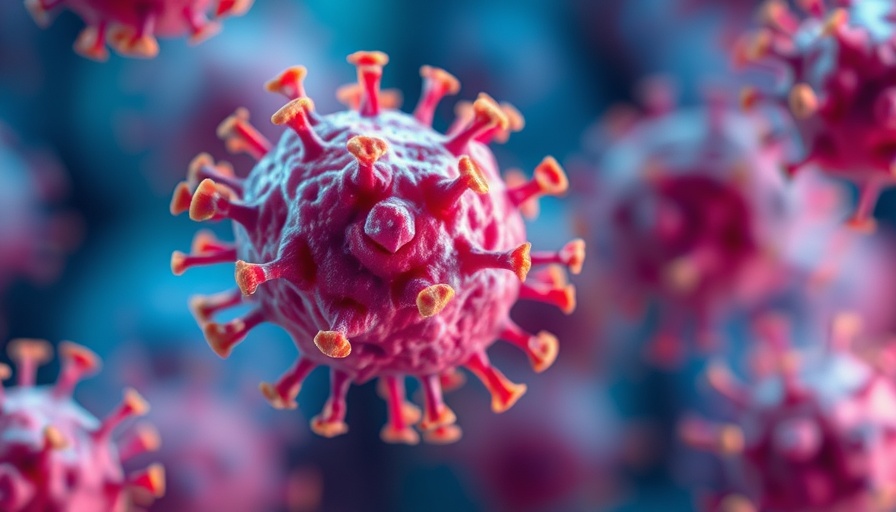
Understanding the Connection: What You Eat and Cancer
Did you know that the foods you eat can play a significant role in your health and possibly impact your risk for cancer? Up to 40% of cancers are believed to be preventable through lifestyle choices, particularly diet. While our genes set the stage, it is our choices that can either nourish health or foster disease. The science behind nutrition and cancer is becoming increasingly clear, underscoring the importance of making informed dietary decisions.
Foods to Avoid: The Four Worst Offenders
Here are four common foods that research suggests can contribute to the growth and spread of cancer cells.
1. Sugar-Sweetened Beverages
Consuming large amounts of sugar can lead to obesity, which is a key risk factor for various types of cancer. Sugar-sweetened drinks, such as sodas and sweet teas, do more than just spike your blood sugar—they can drive inflammation in the body. Chronic inflammation is known to encourage the development of cancer. Instead, opt for water, herbal teas, or naturally flavored sparkling water.
2. Processed Meats
Processed meats, which include hot dogs, salami, and bacon, are rich in preservatives like nitrates and nitrites, which can be converted into harmful compounds in the body. The World Health Organization classifies processed meats as a Group 1 carcinogen, meaning there is sufficient evidence that they can cause cancer, particularly colorectal cancer. Choosing fresh, unprocessed meat and plant-based protein sources can be beneficial.
3. Refined Grains
Refined grains, like white bread and pastries, are stripped of their nutrients and fiber. The lack of fiber can lead to higher levels of insulin in the body, which has been linked to cancer growth. Whole grains, on the other hand, not only provide essential nutrients but also help in regulating blood sugar levels and overall health.
4. Artificial Trans Fats
Artificial trans fats, often seen in fried foods and baked goods, are known to increase inflammation and are linked to several chronic diseases, including cancer. They can be hidden in products labeled as partially hydrogenated. Checking labels and choosing healthy fats like olive oil or avocado can reduce these risks.
The Reality of Healthy Eating: Myths and Misconceptions
There’s a misconception that all fats are bad. In fact, healthy fats, such as those found in avocados, nuts, and fish, actually help to fight inflammation and support overall wellness. Incorporating a variety of these foods into your diet can create a more balanced approach to healthy eating.
Embracing a Healthier Lifestyle: Actionable Insights
Making dietary changes may seem overwhelming, but small, consistent steps can lead to significant improvements over time. Start by replacing one sugary drink a day with water or herbal tea. Opt for whole grains instead of refined options, and incorporate more plant-based meals into your week. These small shifts can contribute to a larger movement towards a healthier lifestyle.
Inspiration from the Community
Salt Lake City has a vibrant wellness community filled with individuals striving for healthier lifestyles. Joining local groups or events can provide support and encouragement on your journey. Whether it’s a community garden project or a healthy cooking class, participating can make healthy eating a more engaging and social experience.
Final Thoughts: Only You Can Choose
Your health journey is just that—yours. By being mindful of your dietary choices and staying informed about the connections between food and health, you can empower yourself to make better decisions. Remember, every meal is an opportunity to nourish your body and promote well-being.
For more information on healthy diet choices and to connect with others who are committed to wellness, consider attending a local nutrition workshop or joining a health-focused group.
 Add Row
Add Row  Add
Add 




Write A Comment